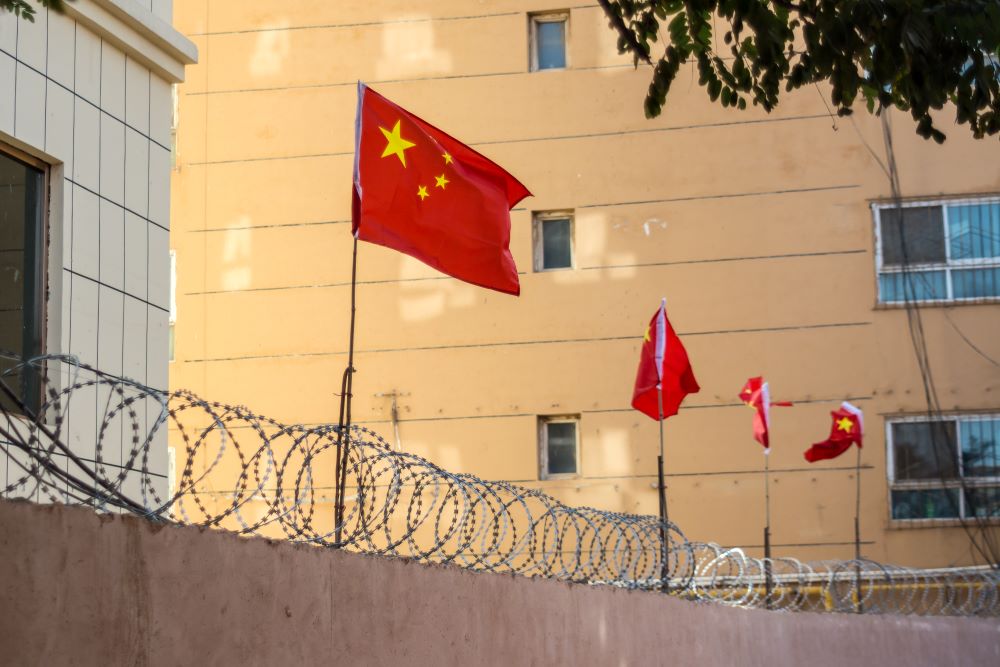
A Chinese human rights group has lost a legal challenge against the government’s policy on cotton exports, which it alleged to have been produced using slave labour.
In a decision handed down on Friday (20 January), Justice Ian Dove refused the application of the World Uyghur Congress (WUC) for judicial review and found that the government had not acted unlawfully.
As reported previously by the IOE&IT Daily Update, the WUC had brought a legal challenge to the government’s policy on goods from the Chinese region of Xinjiang.
Allegations
The WUC alleged that the defendants – the Home Office, HMRC and the National Crime Agency – had failed to properly investigate and seize cotton exports from the region.
It argued that the government should have investigated and banned the movement of these goods under the Foreign Prison-Made Goods Act 1897, as well as stating that such exports should be seized under the Proceeds of Crime Act 2002.
Government response
The government rejected this, arguing that the 1897 Act was meant to safeguard UK trade rather than act as a prisoner welfare protection clause.
It also argued that the 2002 Act required a specific offence to be identified for the each good being imported – not just a general proposition that a crime had been committed.
Decision
In his judgment, Dove noted the “striking consensus” of “clear and widespread abuses” in the Xinjiang cotton industry in relation to forced labour.
However, he agreed with the government and held that this was not sufficient to justify action under the 1897 Act.
The claims under the 2002 Act were also rejected, with Dove agreeing that a crime would have to be attached to a particular export, further noting that evidence was required that “the consignment had been purchased for significantly less than its value.”
Reaction
Dolkun Isa, the WUC’s president, commented that the ruling was "a greatly disappointing outcome for the Uyghur community".
A government spokesperson said: "The government is committed to tackling the issue of Uyghur forced labour in supply chains and is taking robust action.”
The Guardian reports that an appeal is being considered.
Difficulties
Around 20% of the world's cotton is made in China, with Xinjiang accounting for 85% of all Chinese production, according to the BBC.
Companies have struggled in identifying the source of their materials, especially since only a tiny percentage of goods produced in Xinjiang is exported directly from the region.
“Separating out Xinjiang cotton is extremely difficult,” Dorothée Baumann-Pauly, director of the Geneva Centre for Business and Human Rights, told news website SwissInfo, noting the complicated supply chain.
The US has already imposed an import ban on goods from the region, requiring companies to prove that items were not made with slave labour, and the EU is considering a similar move.



